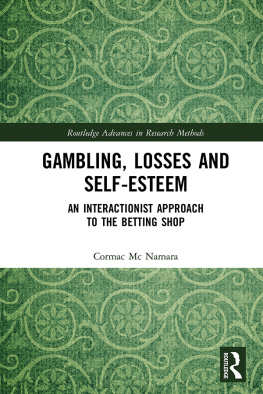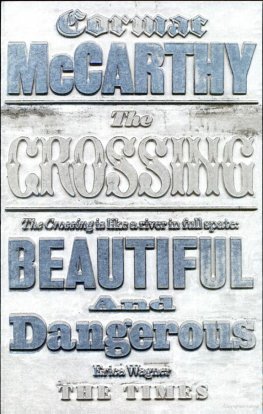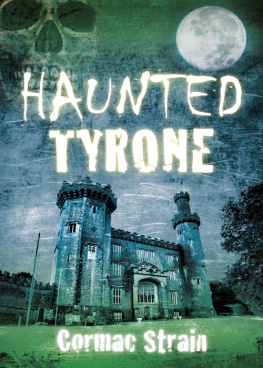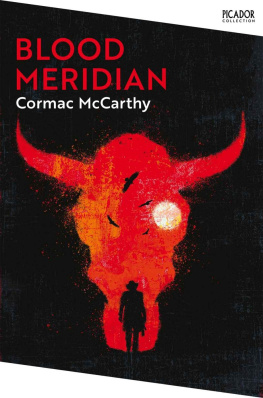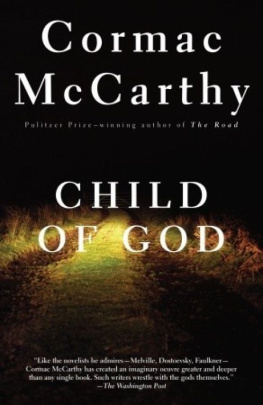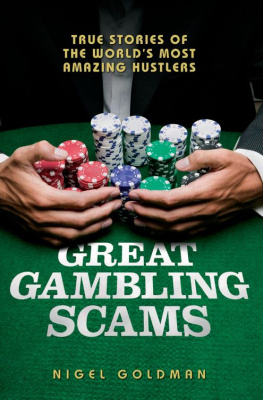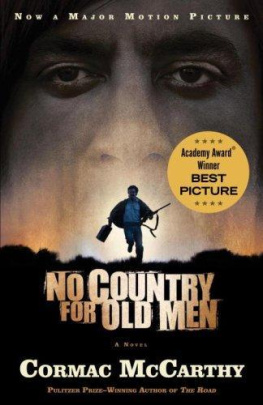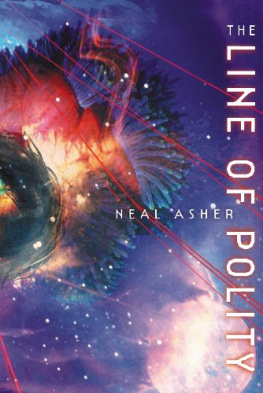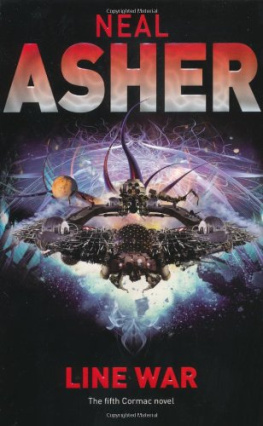Gambling, Losses and Self-Esteem
This book provides new insights into contemporary betting shops, with a particular focus on the manner in which losing bets are dealt with by customers. Drawing on research undertaken in Ireland, it demonstrates that customers tend to shift responsibility for monetary losses onto factors external to themselves as part of a collective process engaged in to restore self-esteem, and considers the role played by announcements made in betting shops in creating an atmosphere of inclusion and the implications of this for problem gambling. Through an analysis of newspaper representations of the first legally operating betting shops in Ireland, which opened in the 1920s, the author places the contemporary betting shop in historical context and examines trends in gambling across the British Isles with reference to social class and the security or precarity of work. An interactionist study not only of gambling but also of responsibility and the connection between the micro-world and social structures, this volume will appeal to sociologists with interests in symbolic interactionism and strategies of blame.
Cormac Mc Namara is Lecturer in Social Science in the Faculty of Education at Northeast Normal University in China.
Routledge Advances in Research Methods
Reflexivity
Theory, Method and Practice
Karen Lumsden (with Jan Bradford and Jackie Goode)
Dialectics, Power, and Knowledge Construction in Qualitative Research
Beyond Dichotomy
Adital Ben-Ari and Guy Enosh
Researching Social Problems
Edited by Amir Marvasti and A. Javier Trevio
Action Research in a Relational Perspective
Dialogue, Reflexivity, Power and Ethics
Edited by Lone Hersted, Ottar Ness and Sren Frimann
Situated Writing as Theory and Method
The Untimely Academic Novella
Mona Livholts
Foundations and Practice of Research
Adventures with Dooyeweerds Philosophy
Andrew Basden
Gambling, Losses and Self-Esteem
An Interactionist Approach to the Betting Shop
Cormac Mc Namara
For more information about this series, please visit: www.routledge.com/Routledge-Advances-in-Research-Methods/book-series/RARM
First published 2020
by Routledge
2 Park Square, Milton Park, Abingdon, Oxon OX14 4RN
and by Routledge
52 Vanderbilt Avenue, New York, NY 10017
Routledge is an imprint of the Taylor & Francis Group, an informa business
2020 Cormac Mc Namara
The right of Cormac Mc Namara to be identified as author of this work has been asserted by him in accordance with sections 77 and 78 of the Copyright, Designs and Patents Act 1988.
All rights reserved. No part of this book may be reprinted or reproduced or utilised in any form or by any electronic, mechanical, or other means, now known or hereafter invented, including photocopying and recording, or in any information storage or retrieval system, without permission in writing from the publishers.
Trademark notice: Product or corporate names may be trademarks or registered trademarks, and are used only for identification and explanation without intent to infringe.
British Library Cataloguing-in-Publication Data
A catalogue record for this book is available from the British Library
Library of Congress Cataloging-in-Publication Data
A catalog record has been requested for this book
ISBN: 978-0-367-34309-5 (hbk)
ISBN: 978-0-429-32494-9 (ebk)
To the memory of Erving Goffman, who teaches us, still, the value of taking a closer look at the world around us.
I would like to thank John Wiley and Sons Inc. for granting me permission to use in this book material from an article I authored and which was first published in Symbolic Interaction in 2017.
I would also like to thank the Irish Times newspaper for granting me permission to use in this book sections of items that were first published in that newspaper.
Finally, I would like to thank Independent News & Media, the owners of the Irish Independent newspaper, for granting me permission to use in this book sections of items that were first published in that newspaper.
Books are of course always about something, but they are usually about more than just one thing, and so it is with this book, about gambling. One tends to hope that a book might implicitly or explicitly speak to subject matter that do not at first appear to be the concern of the book, in other words, that the scope of its subject matter might be suitably broad so as to interest readers who may have no particular interest in the subject of the book per se. One generally hopes that a book will take us beyond the main subject of the book, and many are the books that do so, to find a good example we need not look beyond what became Durkheims classic Suicide where we are presented with fascinating insights into the impact of war on a society, and the influence of religion on human behaviour. Books, or articles for that matter, about deviancy often tend to be seen as just that, studies of deviancy, whether it be suicide or drug taking, or gambling, or deviancy of some other kind, but of course it can safely be said that never is that actually the case. We can hear Howard Becker (2015) explain in a recent interview that his classic article on marihuana use (1953) is about education because its about somebody learning something, and somebody teaching somebody something a fact, he explains, that is often lost on people when he asks them Do you think my marihuana paper is an article about education? Similarly, with particular reference to Henry Lesieurs The Chase an ethnographic study of compulsive gamblers Robert Prus (2004) has shown how the study of gambling can contribute substantially to the study of human group life more generally and advised that the careful, detailed study of gambling as activity can contribute notably to the broader social science venture. With these thoughts in mind, it is my hope that the ideas that I present in this book will interest not only researchers of gambling but also those with a general interest in interpersonal behaviour and the sense-making processes of everyday life.
The dominant theme of this study is responsibility-shifting and, though only called out by name in such as found in the domain of politics or economics that we begin to realise the great importance of considering how people attribute responsibility, whether it be for deeds deemed good or bad. As Tilly noted, A great deal of public politics in the United States and elsewhere consists of taking or denying credit, assigning or resisting blame (2008, p. 22). Although the truth in this case might be, as Tilly put it, that deals and compromises fill the back streets of politics (2008, p. 22), the true causes of events are usually secondary to the attribution of responsibility for the events (Tilly, 2008, p. 13). Despite that, of course, the actions taken by the attributer or attributers in response to an event will be no less real than if the perceived, or merely attributed, cause were perfectly in tune with the actual cause (William I. Thomas & Thomas, 1928), although the course of action taken is almost certainly going to be quite different than if the true cause had been known and accepted as truth. And it is this that makes the consideration of responsibility-shifting so important and worthwhile, whether it takes the form of shifting responsibility from one individual or group to another or from oneself to some other individual or group. Ultimately, responsibility-shifting is a self-protecting strategy for explaining negative events in ones own life and in the life of ones group, or as it may be, positive

